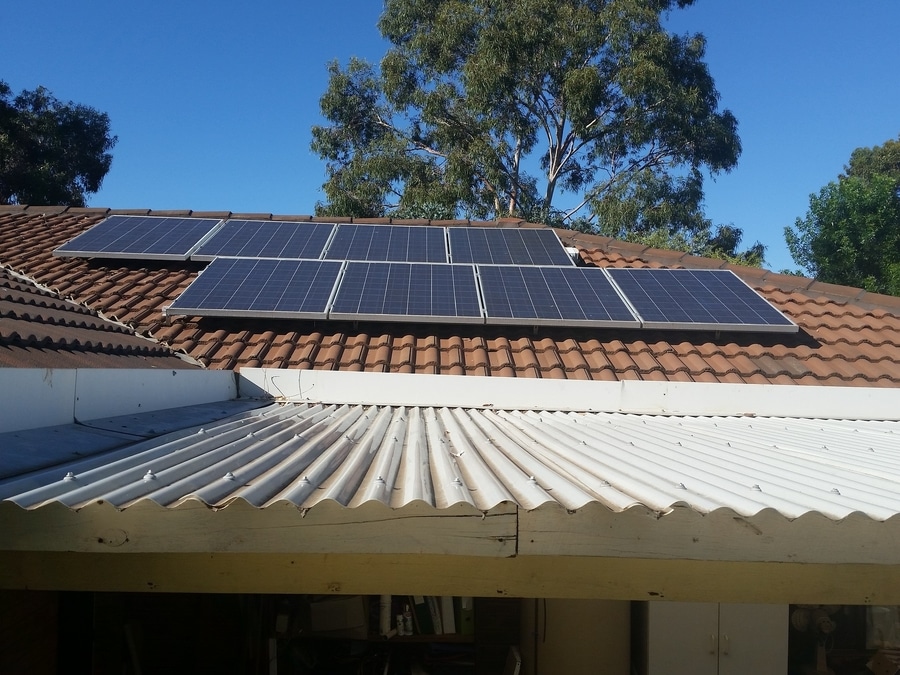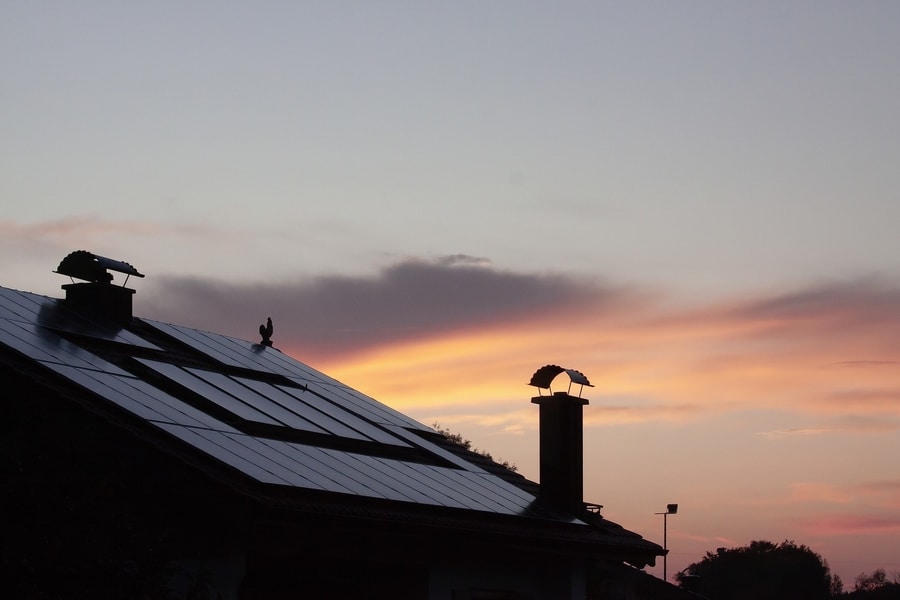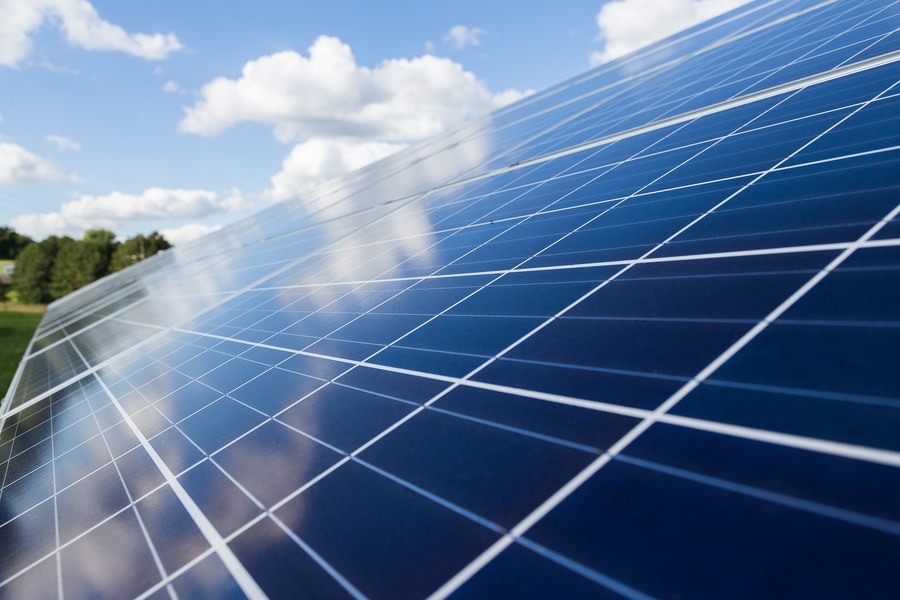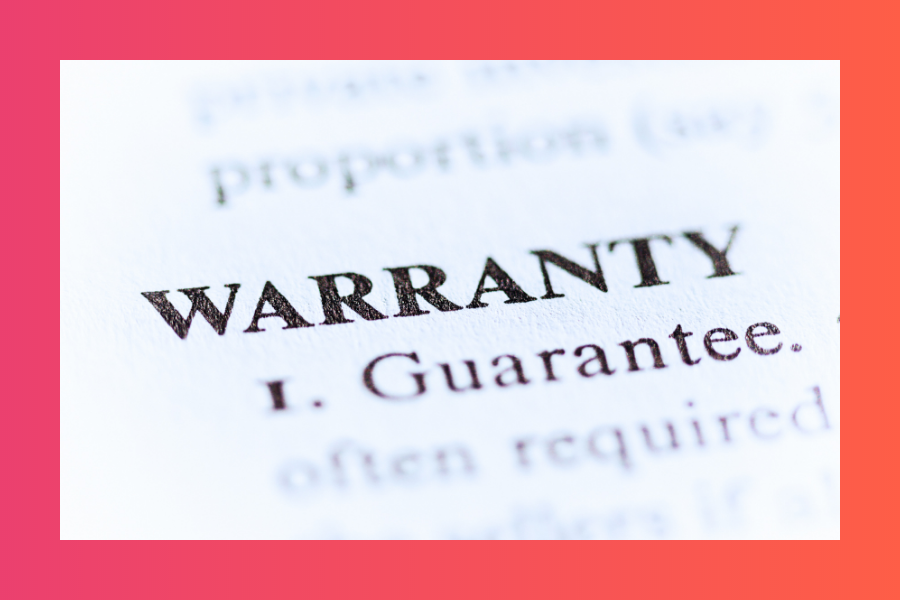This Week in Solar: Solar Islands, Microgrids to Mines, and more
1. Our Top 6 FAQs for solar unit usage LG Energy has a lot of great information on solar panels, batteries, inverters, and other components....
Many people have questions and concerns about buying solar panel systems. Previously, Solar Trust Centre has covered the basics about buying solar units. However, there are still many questions surrounding the everyday usage of solar systems.
LG Energy has a lot of great information on solar panels, batteries, inverters, and other components. Moreover, LG frequently answers the questions customers and businesses have regarding operation of solar units. Here are answers to six frequently asked questions about solar system usage.
An average Australian home varies so greatly that it is difficult to determine average consumption; it depends on a number of factors such as the type and size of house, the number of people living in the property etc. As a very rough estimate a typical Australian home with 2 adults and 2 children would consume between 15 and 28 kWh per day.
Nevertheless large modern open plan homes with pool, aquarium and down lights can easily use between 40 and 50kWh per day with some households using as much as 60kWh plus. A highly energy-efficient home with energy efficient appliances, a net meter and solar power system can use as little as a 5 -10 kWh per day.
When buying or building a home it is possibly the easiest time to afford solar electric systems. You could simply add the cost of the system to the construction/purchase costs and therefore pay it with your new mortgage.
There are not many items in your home that will pay for itself after a few years, before starting to make money for you year after year. And then, when you decide to sell your home, you will reap the added desirability and resale value that solar provides. See real estate survey
There are solar panels installed in Australia in the early 1990s which are still producing electricity today, so you can expect the benefits of a quality, Tier 1 solar system to be available for decades to come.

The average family household consumes between 20 and 30 KW/h of electricity per day. A single person household can consume less than 10Kw/h per day. The back of many electricity bills will often show your average daily consumption.
A 6 kw system in many areas of Australia can provide a significant part of the electricity needs for a family of four. Our solar calculators on this site via lets you work out the best solar system size for you.
Please keep in mind that, if for example, you consume 5000 kW/hrs at electricity a year and you install a system that generates 5000kW/Hrs per year you will not be entirely bill free. The reason being that you will still pay for the electricity you use at night and during rainy days. The extra electricity your system generates during the day is generally given the lower feed in tariff and will not completely cover the cost of your night time electricity consumption.
The arrival of solar storage batteries has changed this paradigm when it comes to offsetting night-time energy use. Your capacity to store power in a battery is at the moment capped at sub 13kW (nett 11kW of storage). At current cost of power, ROIs are more than 10 years – about the life of high quality batteries. Prices however are dropping regularly and storage capacity is increasing. We recommend monitoring battery costs and discussing your needs with an LG Authorized Partner.
There are long term large battery storage units in development that can store up to 1000kWh. They will enable you to store extra solar generated in summer to use in winter and on rainy days. However, they are currently cost prohibitive and large in size and so will remain so for the next 5 plus years at least.
There has never been a better time to install solar. Solar panel prices have reduced by 500% since 2008, and with solar being so easy to install you can invest in a high quality LG solar system at affordable prices. There is also still a government rebate which pays around 25% of a high quality solar system. Of cause residential solar power can help reduce electricity bill costs. Use our Return on Investment calculators on this website to calculate some of the potential savings.
It is recommended that you undertake an energy audit of your home before investing in solar; identifying whether a lack of insulation, lighting types and older style appliances are potential causes of high electricity bills. Did you know for example that an air-conditioning unit made in 2018, by a reputable manufacturer is likely to be 30% more energy efficient than units made in 2009. Some LG solar installers are able to undertake energy audits for you. You can ask your installer for this service or if they can recommend a trustworthy energy auditing company. The result of the audit will help you devise a plan to make your home more energy efficient.

The Warranty is void if the module(s) are modified in any way, such as cutting off plugs, drilling holes into frames or even removing parts of the frame, as LG will not know what modifications exactly have been made and how it could affect the panel over time. Therefore in order to have the LG peace of mind solar warranty, please have the solar panels installed with a proper mounting system without modification
It is predicted that the electric car will take over from fossil fuel burning vehicles over the next decade. The running and power ‘fuel’ costs of electric vehicles are exceptionally low and as the price of fossil fuels increases these financial advantages will further increase. The demand for cheap power to charge electrical vehicles is expected to be high resulting in strong demand for solar panel systems.
It is conceivable that many solar power systems will not be connected to the power grid, but will simply charge batteries and/or the EV directly, while it is parked in the garage. It highly likely the electric car/bus/train/tram will be the preferred mode of transport in the very near future and solar power adoption will grow in lock-step on homes and businesses.
Increasing power prices from fossil fuel generation, the falling price of lithium batteries and the broader national roll-out of battery subsidies will accelerate the adoption of home storage lithium batteries. Charging these batteries will drive up the demand for solar panels as householders and businesses buy progressively larger systems and expand existing systems to increase solar generation.

Hopefully that answers a lot of questions you’ve already considered in researching the best options for buying solar systems. If you hadn’t come up with these questions yourself, hopefully you learned a lot of important information about the ownership and operation of home solar units. If you need more information, consider researching how to find a good installer in your area.
1. Our Top 6 FAQs for solar unit usage LG Energy has a lot of great information on solar panels, batteries, inverters, and other components....
Buying low-quality, low-efficiency solar panels results in poor long-term outcomes for buyers as it will prevent them from expanding their solar...

Buying solar power products is always going to be an exciting event. This is the case whether it’s the first time, or one of many times. When all...